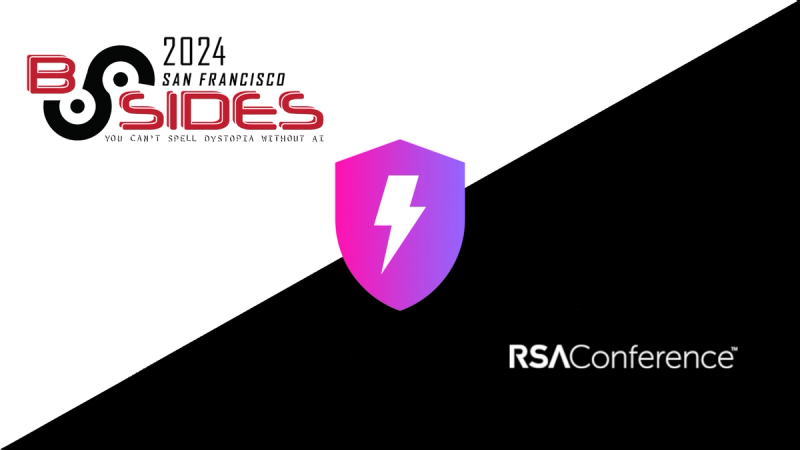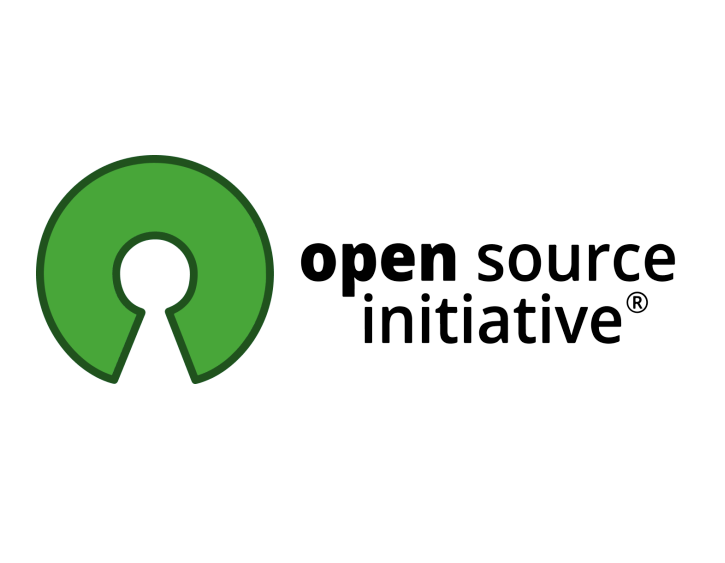
Security News
OpenJS: “XZ Utils Cyberattack Likely Not an Isolated Incident”
OpenJS is warning of social engineering takeovers targeting open source projects after receiving a credible attempt on the foundation.
@mliebelt/pgn-parser
Advanced tools
Weekly downloads
Readme



Javascript library to allow reading of a PGN (Portable Game Notation) chess game notation, and providing the result as JSON.
PGN is a shortcut for portable game notation. It was developed in 1993. It helps standardize how chess games were notated, so that computer programs like the PgnViewerJS could be developed. PGN is the standard to keep chess games forever. There are huge databases available like those from https://lichess.org.
Everyone that wants to implement chess software and has to read PGN notation. The library is a runtime component to be included in the usual way.
import { parse } from '@mliebelt/pgn-parser'
or
let parse = require("@mliebelt/pgn-parser").parse
npm i @mliebelt/pgn-parser --save
Look at the many test cases that show how to use it. Have a look at the examples in directory doc.
It does not have an API, just a JSON structure that has to be read then. You have 4 top level rules to use the parser:
games: Reads many games from the string given, returns an array of games (object with keys tags and moves).game: Reads a complete game, and returns an object with keys tags and moves.tags: Reads only the tags from the given input. The input must not contain any moves.pgn: Reads only the moves of the game (as array).A code example to read a complete game then looks like:
import { parse } from '@mliebelt/pgn-parser'
let game = parse('[White "Me"] [Black "Magnus"] 1. f4 e5 2. g4 Qh4#', {startRule: "game"})
console.log(JSON.stringify(res, null, 2))
==>
JSON.stringify(res, null, 2)
{
"tags": {
"White": "Me",
"Black": "Magnus"
},
"moves": [
{
"turn": "w",
"moveNumber": 1,
...
},
{...},
...
]
}
See the example doc/read-sample.js that can be directly used in the shell: node doc/read-sample.js. The directory contains some more examples how to use it.
You can use pgn-parser as a command line tool for parsing PGN files to JSON
npm install --global @mliebelt/pgn-parser
pgn-parser file.pgn
# Or
npx @mliebelt/pgn-parser file.pgn
The optional parameter -p emits the result pretty-printed.
There is a UMD version of the library available which works both in node and in the browser. The file doc/index.html is an example that shows how it works, and explains what to do for that.
So it is not necessary anymore to build a version of that library with browserify.
FAQs
A PEG parser to read PGN (Portable Game Notation) games.
The npm package @mliebelt/pgn-parser receives a total of 159 weekly downloads. As such, @mliebelt/pgn-parser popularity was classified as not popular.
We found that @mliebelt/pgn-parser demonstrated a healthy version release cadence and project activity because the last version was released less than a year ago. It has 1 open source maintainer collaborating on the project.
Did you know?

Socket for GitHub automatically highlights issues in each pull request and monitors the health of all your open source dependencies. Discover the contents of your packages and block harmful activity before you install or update your dependencies.

Security News
OpenJS is warning of social engineering takeovers targeting open source projects after receiving a credible attempt on the foundation.

Company News
Come meet the Socket team at BSidesSF and RSA! We're sponsoring several fun networking events and we would love to see you there.

Security News
OSI is starting a conversation aimed at removing the excuse of the SaaS loophole for companies navigating licensing and the complexities of doing business with open source.